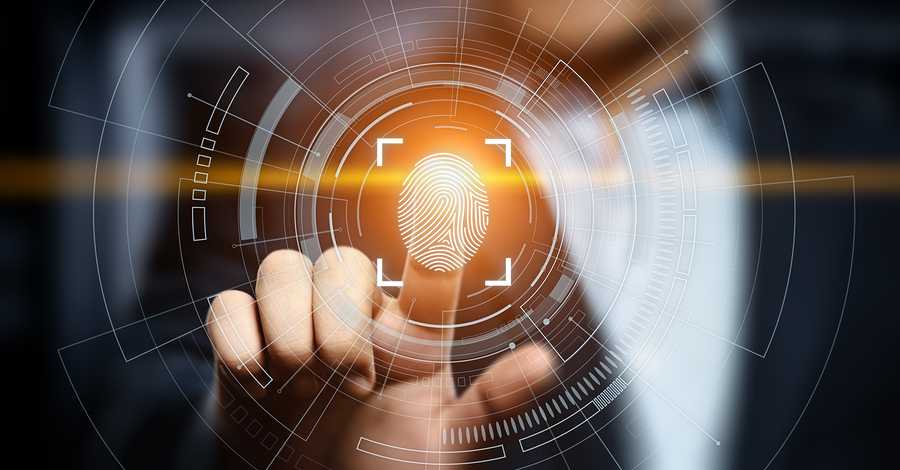On October 3, 2008, the Illinois General Assembly passed the Biometric Information Privacy Act (BIPA) to guard against the unlawful and illegal storing and collection of biometric information. After passing the law back in 2008, Illinois became the first state to regulate the collection of biometric information. Later, Washington and Texas passed similar laws. However, the Biometric Information Privacy Act remains the only law that allows people to file a lawsuit for damages stemming from a violation.
An employee of Nep electronics has filed a mass tort litigation accusing the company of violating Illinois’ Biometric Information Privacy Act. The BIPA violation class action lawsuit was filed by an employee who said he worked at Nep electronics, Illinois. Allegedly, as a condition of employment with the company, he was required to scan his biometric information for time keeping purposes. The plaintiff described the biometric identifier as personal features that are unique to individuals, including palm scans, finger prints and hand prints. He regards biometric information as any information that is identified by the biometric identifier, regardless of how it is stored.
How the company violated the law
The plaintiff asserts that he depended on the company to give him complete information of the proceedings and functioning of their biometric system, including how they stored, shared and deleted information. However, the company failed to abide by the latter and shared this information with third parties, without the consent and without even informing the employees that their information was being shared. The biometric information of the employees was shared with vendors for time keeping, payroll and data storage purposes.
The BIPA violation class action lawsuit alleges that the company, Nep electronics, never actually informed their employees that their information would be stored, collected, shared or published. In addition to this, they shared this private and personal biometric information without having a written release to do so. Talk with a class action attorney at Shamis and Gentile, P.A. to know more about the BIPA violation class action Lawsuit.
What led to the BIPA violation class action lawsuit?
The BIPA says that the private entities must inform individuals about the entire process of how long and for what their information will be stored and used. In addition to this, they are also supposed to inform the employees about the exact specific purpose and length of term their information will be stored, not forgetting to give complete information about the storage, utilization and methods of deleting the biometric information.
The private entities must also produce written guidelines for how they will destroy records of the biometric identifiers. However, the plaintiff says that Nep electronics did not comply with the latter while collecting his information and the information of the other employees as well. The victim of the BIPA violation says that he and his employees were injured in a manner that affected their individuality and their right to privacy. The Biometric Information Privacy Act itself states that the biometric information, if collected and stored without the proper process, is injurious to the privacy and individuality of employees. The proper storage and safe use of biometric information is a moral right of every individual and if an employee trusts a company with his/her biometric information, the company is bound to keep that information confidential. If the company further requires sharing that information with any third party, it must have the consent of the employee or else it will fall under the violation of the BIPA. If this biometric information is not kept private and confidential and is compromised on, the individuals are exposed to threats of fraud and identity theft. The BIPA violation class action lawsuit accuses the company of mishandling and irresponsibly using the biometric information of its employees. The plaintiff further says that if an individual faces fraud or identity theft from information like credit card numbers, the damage can be recovered by getting a new credit card or changing passwords and other means. However, if an in individual faces identity theft or fraud through the misuse of biometric information, the damages are irreversible as this information is directly tied to a person’s individuality. Thus, biometric information must be stored and handled with utmost care and responsibility, keeping the information personal and confidential.
BIPA Violation Class Action Lawsuit Attorneys
A number of companies have faced similar BIPA violation class action lawsuits for not managing and irresponsibly using and storing their employees’ biometric information. If you need any help with a BIPA violation class action lawsuit, Shamis and Gentile, P.A. will efficiently assist you.
The Illinois Nep electronics BIPA violation class action lawsuit is Case No. 2019CH09362, in the Circuit Court of Cook County, Illinois County Department, Chancery Division.










